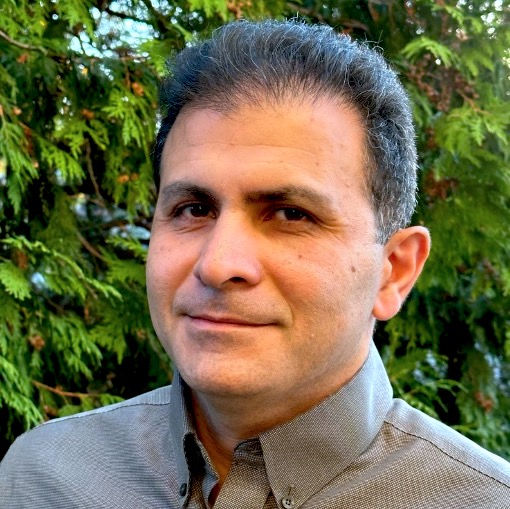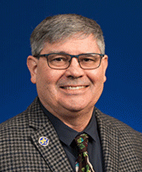Although the sub-Saharan country of Ghana has one of the largest number of medical school graduates in West Africa, with approximately 500 annual graduates, there remains a huge need for trained family medicine doctors in primary care and research in this area.
Family physicians are often the first contact for patients regardless of their age, gender or religion. More healthcare leaders in Africa are realizing the importance of family physicians, especially for those who live in rural areas, according to previous research.
Researchers from the Department of Family Medicine at the University of Michigan and Family Medicine at Ghana College of Physicians and Surgeons have recently published a paper based on a study assessing the educational needs of family medicine trainees in Ghana and whether individuals entering the training program aimed to pursue an academic career in that specific discipline.
Authors of “Family medicine residency training in Ghana after 20 years: resident attitudes about their education” include Ghazwan Toma, M.D., assistant professor and member of the Department of Family Medicine at U-M: Akye Essuman, M.D., of the Family Medicine Unit of the Department of Community Health at the University of Ghana; and Michael D. Fetters, M.D. MPH, M.A., professor and member of the Mixed Methods Program in the Department of Family Medicine at U-M. Study findings were recently published in the journal Family Medicine and Community Health.
U-M has had a partnership with Family Medicine at Ghana College of Physicians and Surgeons since 2008. The partnership strives to support and sustain primary care education and research in Ghana, considering that the population in Ghana is aging rapidly, with a concomitant increase in the complexity of medical care and illnesses, including chronic diseases like hypertension, coronary artery disease and diabetes.
The U-M and Ghana College researchers conducted a case study design through use of an anonymous cross-sectional survey, recruiting participants from three residency training programs of the Ghana family medicine residency. Those programs include ones in Accra, Ghana’s capital; Kumasi, the country’s second largest city; and Mampong, along with modular residents who do their training in accredited ‘training complexes.’ These training complexes are clusters of health facilities including rural district hospitals with affiliated health centers and a regional hospital located in the regional capital.
Participants were family medicine residents in their second and third year of training, senior residents, and the most recent residency graduates. Thirty of the 77 eligible subjects provided valid responses to the survey.
Results showed that most study participants felt the training program provided high quality teaching. Those who had completed the residency program were much more likely to be interested in becoming faculty members compared to those who were still in residency, the study showed. The participants said there was a need for more faculty, more supervision during outpatient care, and more lectures.
“While the family medicine training programs in Ghana have achieved remarkable development with limited resources in just two decades, there remains a desperate shortage of practitioners and family medicine faculty,” the authors write.
The current study’s findings provide what they describe as constructive feedback that could improve residency curricula of the local and regional family medicine training programs. Findings also support the investment in trainees and new graduates as future faculty candidates.
“It is crucial to retain graduates of the (family medicine training) programme to create the next generation of family medicine teachers in Ghana,” the authors write. “Family medicine is the best available solution to handle the challenges related to comprehensive care and the rise of chronic illnesses.
“Ultimately, increasing student interest in family medicine is needed to expand the family physician workforce and address the primary care physician shortage,” the authors add.
Article citation: Toma G, Essuman A, Fetters MD. Family medicine residency training in Ghana after 20 years: resident attitudes about their education Fam Med Com Health 2020;8:e000394. doi: 10.1136/fmch-2020-000394




